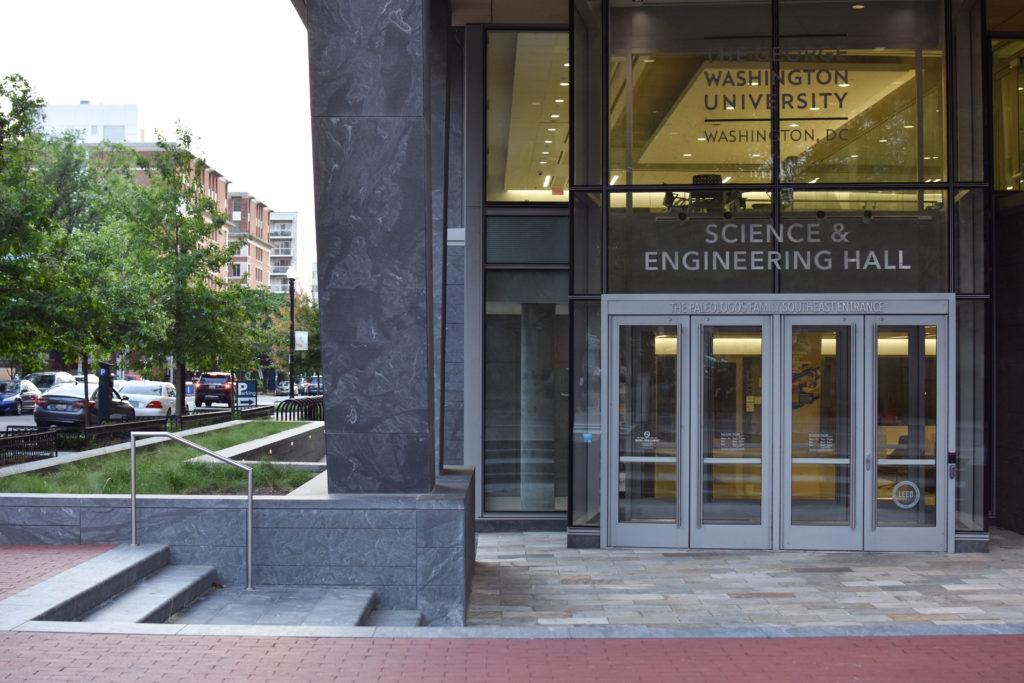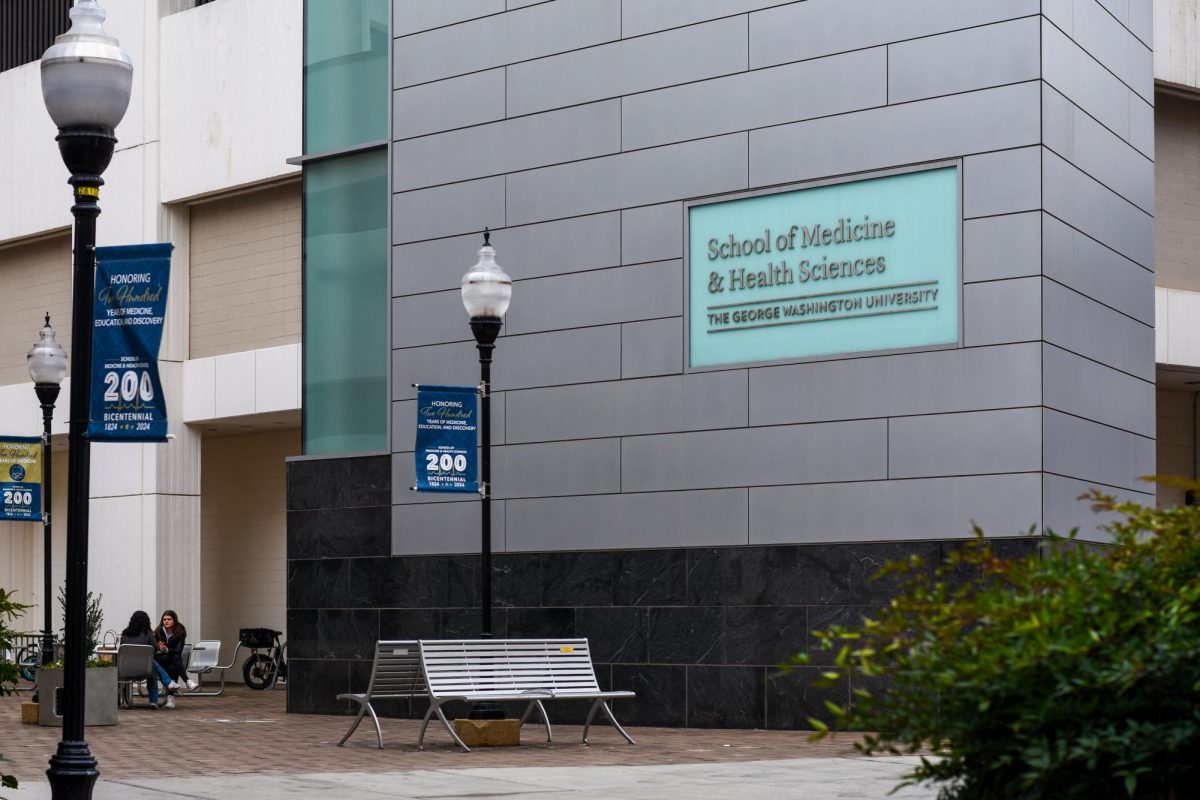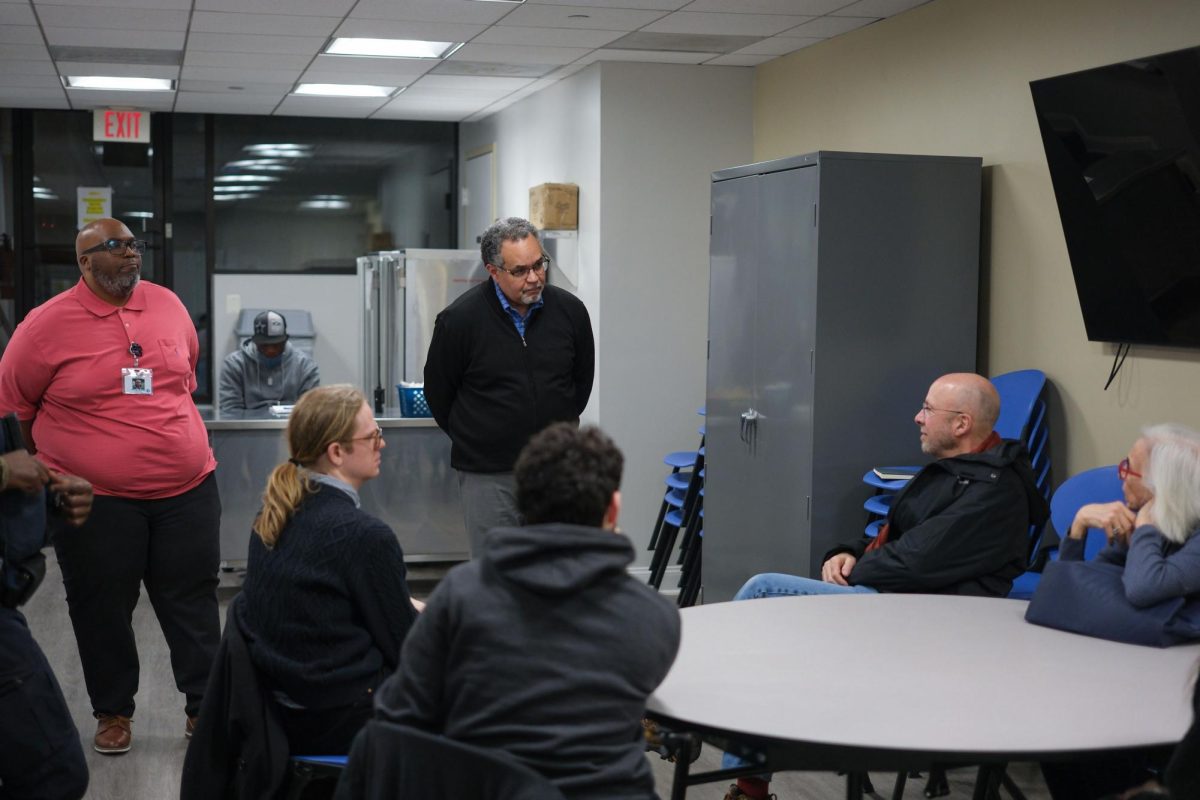Faculty in two departments in the School of Engineering and Applied Science are developing a plan to increase the number of women and minority students in STEM programs at GW starting next semester.
The effort, which will be undertaken by members of the computer science and biomedical engineering departments, is part of a national campaign to develop plans to boost women and underrepresented minorities in computer science. Faculty said the cohort will develop a plan throughout the next calendar year to help officials learn about best practices for diversity and sustain the school’s position as a national leader in representation.
“Promoting diversity in all areas is a national issue,” Rachelle Heller, a professor of computer science, said in an email. “It’s important for our national competitiveness, for creativity in the computer science discipline and for encouraging new ideas.”
Heller said the organization sponsoring the program, the National Center for Women and Information Technology, brings together computer science departments similar in size and structure to create plans to increase the number of women and minorities in the field.
Heller, who also heads a SEAS center focused on improving outcomes for women in engineering, said affiliated faculty have not yet begun to develop the plan, so it is too early in the process to discuss what the plan will include or how it will be implemented in the department and school.
The effort was announced in the SEAS weekly newsletter earlier this month. Four faculty members, including Heller, will work with consultants at NCWIT, and the center will provide $10,000 to assist with the costs of implementing the plan.
“Women make up more than 45 percent of each of our last two incoming classes,” she said. “That said, we need to sustain, and perhaps, grow this number to continue to be a national leader.”
Heller said the percentage of women in engineering is disproportionately low relative to the percentage of women majoring in other STEM disciplines at GW. The total percentage of women majoring in STEM fields at GW clocks in at about 30 percent, according to institutional data.
She said the department’s participation in the cohort indicates the school’s relative success attracting women and minority students, adding that officials have strived to recruit more female students over the past few years. Heller added that the initiative will provide opportunities for new ideas to tackle the issue in the computer science discipline.
Women received about 20 percent of all bachelor’s degrees in engineering in 2015, according to the American Society for Engineering Education.
Heller said the faculty members involved hope to apply what they learn to help other departments within SEAS boost their representation as well.
Heller declined to say what her role in designing the plan will be. She also declined to say what the partnership’s next steps involve.








